In the latest issue of Legal IT Today, the interesting question “What are the minimum technology skills required of a lawyer?” is asked.
D. Casey Flaherty thinks that, even though different substantive areas of law demands different tech skills, the answer to that question would for most lawyers be ‘more than they have’: “Different levels in different substantive areas demand different tech skills. But most lawyers need more tech skills than they have, even if just to know what to delegate and how to oversee the work delegated.”
In addition to handling email, word, PDF:s and spreadsheets, he also adds the need for skills in inter alia advanced search, data security and comprehension of document automation, structured databases and machine learning.
Chris Bull reframes the question to a question of necessary ‘life skills’ instead of just ‘technological skills’ as it is today such a fundamental part of the legal profession: “What we are really talking about, and where the legal sector is still lagging quite a few other areas of business, is ensuring that all of our people know and can apply the fundamentals of how to operate as a productive and effective individual, meet the service expectations of their clients and fully contribute to their team. Many don’t – including some of the most intelligent and experienced lawyers – and they are now failing on all three counts.”
Similarly, in the Lawyerist article “Legal Tech is Solving All the Wrong Problems”, Lisa Needham points to the fact that lawyers “seem unable to figure out how to leverage technology for the greater ease of the profession.” She argues that it is not enough with just technological skills as such, what the profession needs is lawyers who understand coding: “There is a thriving legal hacker movement full of people that want to disrupt and synergize and whatever else people like that want to do. However, lots of the bright shining stars of that movement are people who haven’t written a line of code. That is a huge disconnect. If you are a young lawyer starting out and you have any technical aptitude whatsoever, you could do a lot worse than to learn to code and spend some quality time thinking about what you, your friends, and your colleagues need.”
In another article in Legal IT Today, “Technology is not magic; lawyers are not magicians”, D. Casey Flaherty discuss the topic further to get to the bottom of why lawyers are so resistant to new technology. As D. Casey Flaherty points out, it’s easy to just blame lawyers and the law as such. “Lawyers are high-status professionals who are trained issue spotters (skepticism), prefer to do things themselves (autonomy), and are highly focused on immediate deadlines (urgency). Yet is there any doubt that some of the standard lawyer skepticism towards technology is borne out of experience, not just instinctual antipathy?”
As an explanation why lawyers have found technology so disappointing, D. Casey Flaherty argues that because technology is so often presented as magic, we can’t help believing that it can work by itself, without the user having to do anything. But as he says, technology is not in fact magic, and lawyers are not magicians. This means they can be frustrated by technology and conclude that they are simply not very good at it. The way out, according to D. Casey Flaherty, is for technology to get better. “As soon as our technology is sentient, we can stop worrying about the users.” Just to get on it, future lawyer-coders and coder-lawyers. But until that is true for all legal technology, the medicine will be training and the understanding that using technology properly is a bundle of learned skills, not a matter of innate talent.

